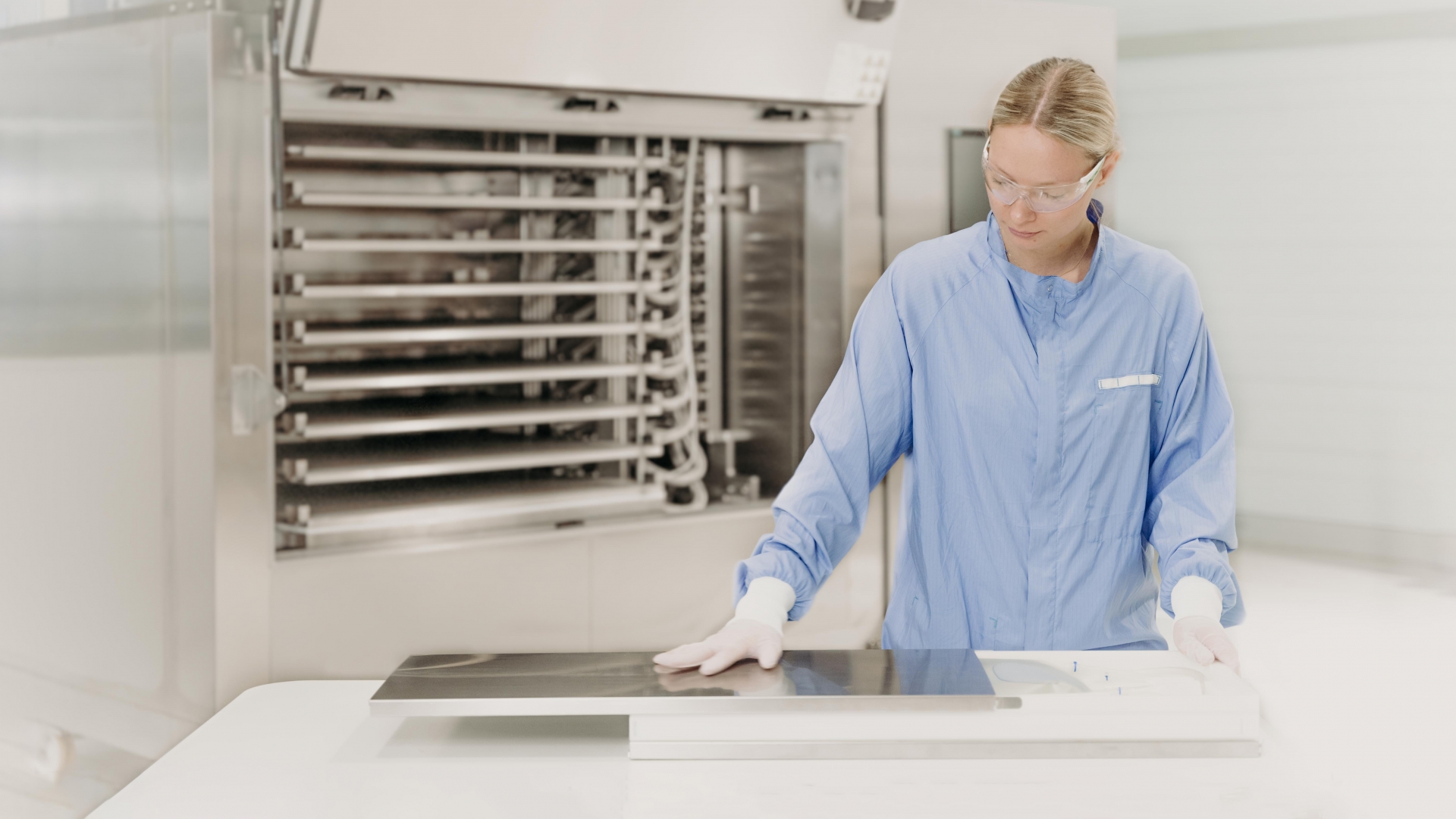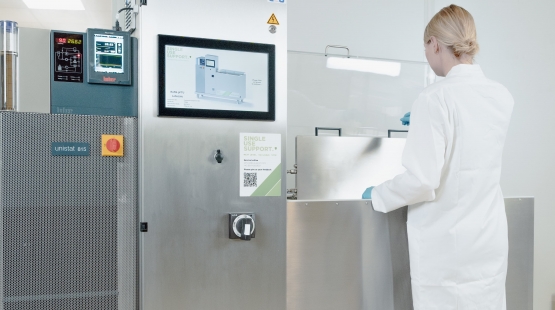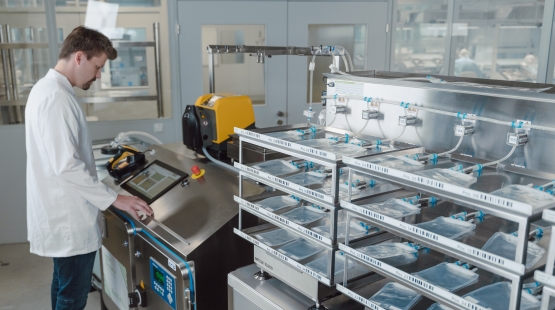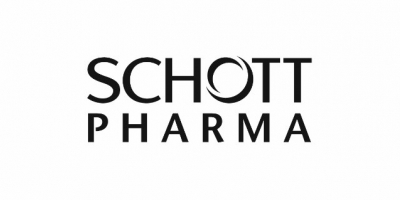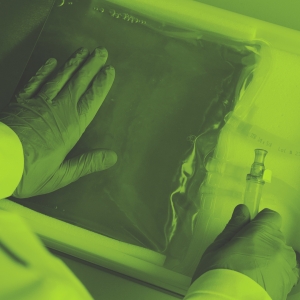Single Use Support
Welcome to Single Use Support
Reduce product loss with a trusted partner
We provide advanced fluid management solutions around single-use technologies for the Biopharma Industry to increase patient safety. Discover our products around primary packaging, single-use bag protection, freeze-thaw processes, single-use filling-filtration, and logistics of your substances.

Modular and customizable Solutions - for all modalities
Our customers trust in us:
Product Overview

RoSS® Shell | Protecting single-use bags
The safest transport solution for all available single-use bioprocess containers. Robust. Scalable. Single-use bag independent.

RoSS.FILL CGT | Fill-Filtration | 1mL-1000mL
1mL-1000mL: Fully automated cell and gene filling machine system for aseptic filling of multiple small single use bags. Special designed for use in cell & gene therapies with batch sizes at low volumes. With its high filling accuracy, the platform provides filling from 36 up to 128+ bags with one or several racks.
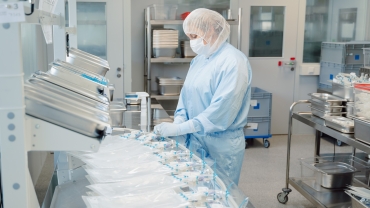
IRIS Manifold | Single-Use Assemblies
As an expert in single-use solutions, we have made it our goal to deliver vendor agnostic single-use assemblies manufactured at highest quality standards in ISO 7 cleanrooms and sterilized within shortest lead times. Prevent downtime and ensure an uninterrupted supply chain in compliance with GMP and regulatory requirements with our single-use manifold assemblies using silicone tubing and connectors of your choice.

RoSS.pFTU Large-Scale | Plate Freeze & Thaw
Up to 400L: Our large scale freezing platform system is a plate-based pharmaceutical freeze and thaw unit. The system enables controlled rate freezing and is compatible with single-use bags of all sizes and manufacturers.

RoSS.ULTF | Ultra-low Temperature Storage Freezer
RoSS.ULTF is an ultra-low temperature storage fridge for frozen drug substances in different sizes. The ULT storage freezer keeps the desired set point temperature down to -80°C/-112°F. RoSS.ULTF offers highest storage density, is fully movable and can be modularly adapted to your individual needs.
All Solutions
Find your product solutions from platform systems to consumables and after-sales services.
Tell us your needs!
Send us a message, we will answer it immediately.

WE ARE HIRING
Ready for a new Challenge?
News
Find here the most recent news articles, press releases and product news from Single Use Support.


